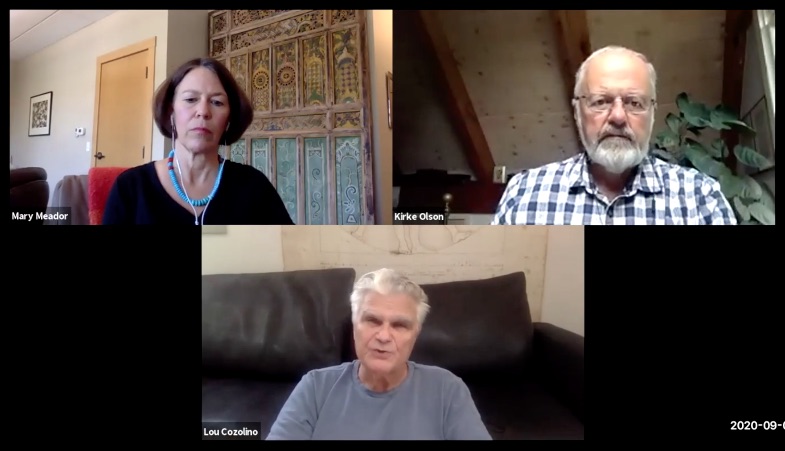Human history is plagued with examples of prejudice, racism, and genocides. In fact, the ubiquity of prejudice and racism seems to suggest that we are hard-wired to dislike, distrust, and even hate those who are different from us. The fact that conflicts and slaughter based on race, tribal affiliations, and religion continue unabated in the “modern” world only seems to strengthen the argument for prejudice as a basic component of human nature. Standing in stark contrast to this view are countless examples of harmony, cooperation, and acts of altruism that seem to contradict racism as a basic human truth. Because prejudice and racism are issues fraught with so much emotion, looking at them through the lens of science may offer some clues to their origins and potential cures.
We feel so fortunate to be able to dialogue with Dr. Lou Cozolino, our esteemed Advisory Board member and pioneer in the field of interpersonal neurobiology, in our next Living Journal webinar, September 9, 2020 at 1:00 pm PDT. We will discuss evidence that the origins of racial prejudice may be related to the rapid and unconscious activation of primitive fear circuitry. Here are two articles we will be talking about:

- Neural Signals for the Detection of Unintentional Race Bias, by David M. Amodio, et al. Psychological Science; 2004, Volume 15, number 2: 88-93
- Performance on Indirect Measures of Race Evaluation Predicts Amygdala Activation, by Elizabeth A. Phelps, et al. Journal of Cognitive Neuroscience; 2000, 12(5): 729-738
Lou Cozolino has been a writer, professor, and practicing psychologist in Los Angeles since 1986. As a professor at Pepperdine University, he is involved in the training of hundreds of Masters and Doctoral students. His research interests have included working with clients with schizophrenia and their families, the long term effects of childhood stress and abuse, and the application of evolutionary theory, social and cognitive neuroscience, and attachment theory to the practice of psychotherapy. His most recent book, The Pocket Guide to Neuroscience for Clinicians was published in the Norton Series on Interpersonal Neurobiology in 2020.

